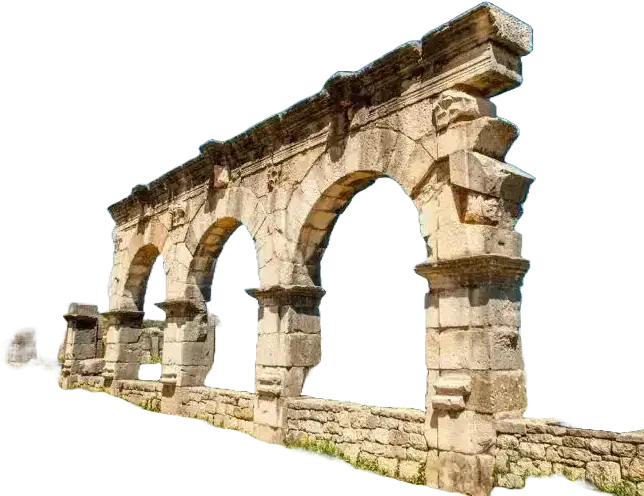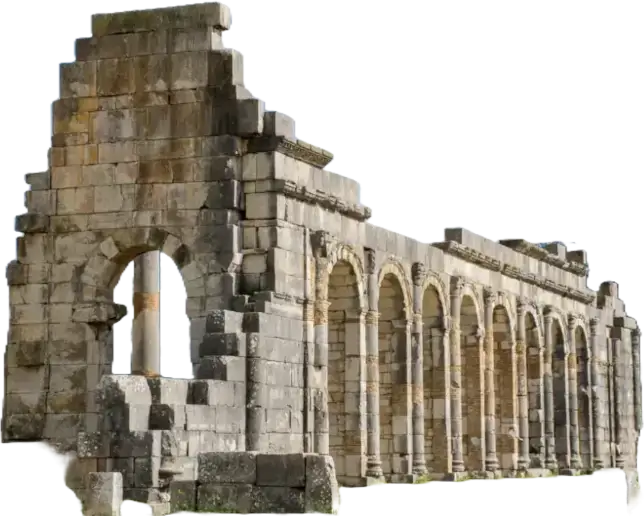NARCO CLOSEHOLD: Diplomats, the Warfighter, and Libya
In the timeless bout between diplomats and the warfighter, it appears that the diplomats have won the most recent round and the rush to insert Western (including American) troops into Libya - the so-called Libya International Assistance Mission (LIAM) - has slowed. Accordingly, in the perennial counter-terrorism debate of containment versus degradation, containment has carried the day. Overall this is good news for Libya and for its neighbors, although most Libyans may have to wait some time before this approach’s benefits are apparent.


